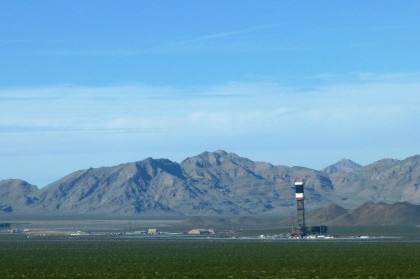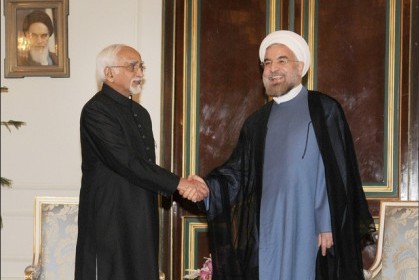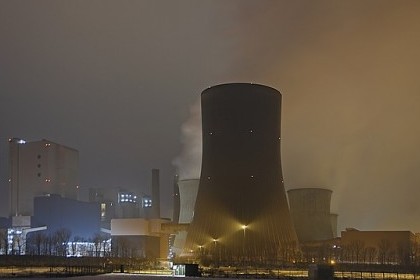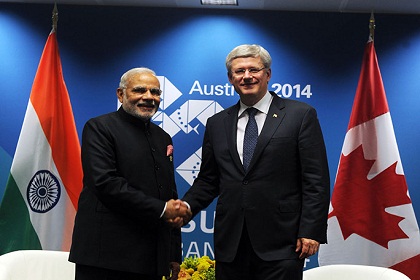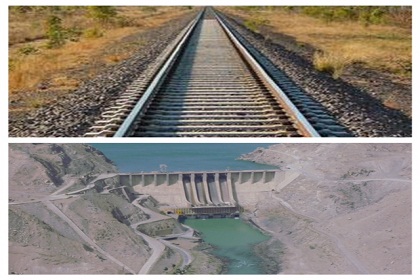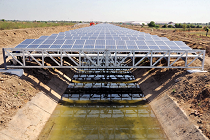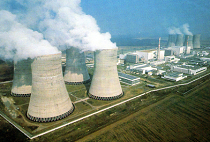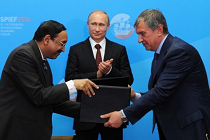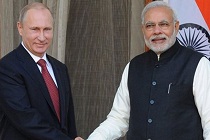‘India must grow the green bonds market’
The Conference of Parties (COP21) is beginning on 30 November in Paris, France. Prime Minister Narendra Modi has climate change has one of the top priorities of his foreign policy. Gateway House spoke with Nick Robins, Co-Director, Inquiry into the Design of a Sustainable Financial System, United Nations Environment Programme (UNEP) on green financing and how India can leverage on it to further its energy needs.


